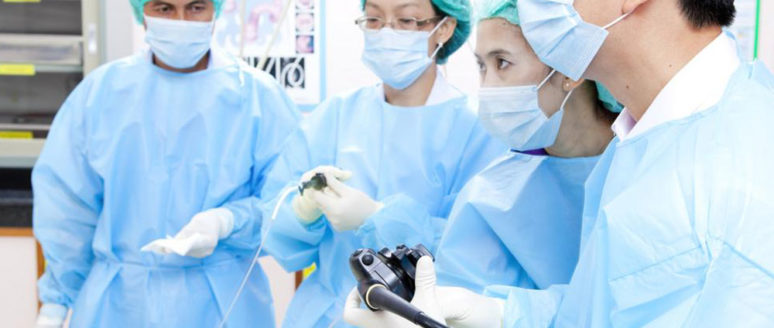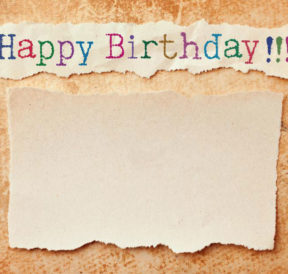Kidneys act as filters for the body as they help in removing chemicals and excess fluid from the body by making urine. Most of the chemicals get converted into urine and are flushed out of the body, unnoticed. However there are some chemicals that accumulate in the system and form tiny crystals. These tiny crystals clump together and form kidney stone.
There are many procedures that can be used to treat and remove kidney stones. If the stones are too small, the primary goal is to administer medications and dissolve them in the urine.
Endoscopy procedure to treat kidney stones is performed in the following way:
- The endoscopy procedure for treating kidney stones is called ureteroscopy. This procedure is performed under general or spinal anesthesia, which generally takes about 1 hour. The surgeon uses an x-ray that will guide a tiny telescope (called as cystoscope) in the urethra. Urethra is the tube that carries urine from the bladder.
- This cystoscope helps the surgeons in conforming if there are any problems with the bladder by viewing it with the help of the apparatus.
- A thin guiding wire is then passed through the cystoscope. After removing the cystoscope, the guiding wire will be pass a ureteroscope which is one of the actual apparatus of endoscopy procedure, that is passed directly to the kidney stones.
- The ureteroscope will remove the stone in some cases, while in other cases, the surgeon might use a tiny laser that will break the stone, which will dissolve in the urine and will be flushed out eventually.
- After performing this procedure, the surgeon will place a catheter in the bladder (temporarily) that will help the patient to pass the urine immediately following the treatment.
Post kidney stone treatment
- After the endoscopy procedure, the patient will be transferred to the recovery area and kept under observation for at least a day, or until the patient can pass the urine on its own.
- The patient might not be able to drive post the procedure, so it is advisable to arrange for transportation post the endoscopy procedure. The doctor will prescribe the patient with pain relief medications.
- While the patient may still feel a stinging sensation for the first few times on passing the urine, it is advised to drink plenty of fluids that will further help the patient to pass the kidney stones through urine.
- It generally takes 2 to 3 days to return to normal activities post the endoscopy procedure. It is important to look out for any further complications like damage to urethra, narrowing of the urethra or blockage of the same; due to kidney stone treatment.













